The regulation of social media platforms in the age of AI is a frequent and controversial topic of discussion within the EU. Age limits for children are under discussion. The chair of the European Parliament's Culture Committee has a clear opinion on who should be responsible for implementing rules.
The Chairwoman of the European Parliament's Committee on Culture and Education (CULT), Nela Riehl, is calling for companies that provide social media platforms and use Artificial Intelligence (AI) to be held more accountable in regulation. This applies especially when it comes to protecting children and young people from a distorted perception of reality: "We have to shift the responsibility from parents to companies", Riehl told the European Newsroom (enr) in an interview in Brussels.
Riehl, who is from Germany, is a member of the Volt party and belongs to the Greens/EFA group in the European Parliament. She recounted an example she saw on Instagram and showed to her children, aged six and eight. In that post, it was no longer possible to distinguish between an actual video of a person eating a croissant and a video of the same scene that was created entirely by Artificial Intelligence.
"Children are being left alone"
Riehl said she wished that all families could talk about such examples. "But of course I know in daily life (...) it's difficult and children are being left alone with exactly that."
The Chair of the CULT committee admitted that regulation does not always keep pace with technological development: "AI is so quick, right? And we are always having the feeling like 'Oh we're lagging behind'. But this is no excuse for not doing anything."
Instead, in Riehl's view the focus should be on applying the EU's existing laws and regulations. She referred, for example, to the EU'ss Digital Services Act, which came into effect in November 2022 and sets out specific requirements for platforms and search engine operators on how they may offer their products within the European Union.
Support for European social media platforms
"We need to make sure that we actually implement these laws", Riehl said. "This is what we are kind of failing right now. We're being challenged by the US but also by China." To protect citizens in Europe, it should be emphasized repeatedly: "Okay, we have these laws, and if you want to enter our markets (...) you need to play by our rules."
Riehl also spoke out in favor of supporting alternatives to the current major providers more strongly: "We could for example think of fostering European social media platforms. We can be a market of innovations ourselves (...) which is not happening enough right now."
On the question of introducing a minimum age for social media use, Riehl was open in principle: "I'm not opposing these ideas, but I do have a lot of questions" because in the end, it would either be parents who would have to monitor compliance with limits, or the providers would have to use means to verify that could conflict with important data privacy requirements.
From Riehl's perspective, it wouldn't be a solution to let children grow up completely without social media experiences and then confront them with the full range at 16 or 18 years old - because then, they might take everything at face value that they saw there. The important thing was to teach media literacy: "I don't think that just putting a certain age ban and then doing nothing else would solve all of our problems."
At the same time, Riehl clearly advocated for not focusing solely on the dangers in the debate about social media and AI regulation: "Social media also is a great, great tool for connecting people. We should never forget about that. It's not only a threat and it's not only evil." Artificial Intelligence also could be "a great tool for artists and creators", whose creativity should not be unnecessarily restricted, Riehl said.
The content of this article is based on news by agencies participating in the European Newsroom (enr) project.





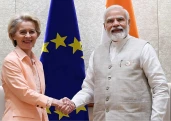
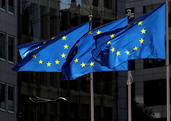

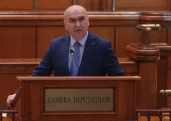




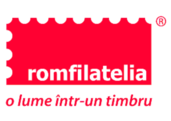






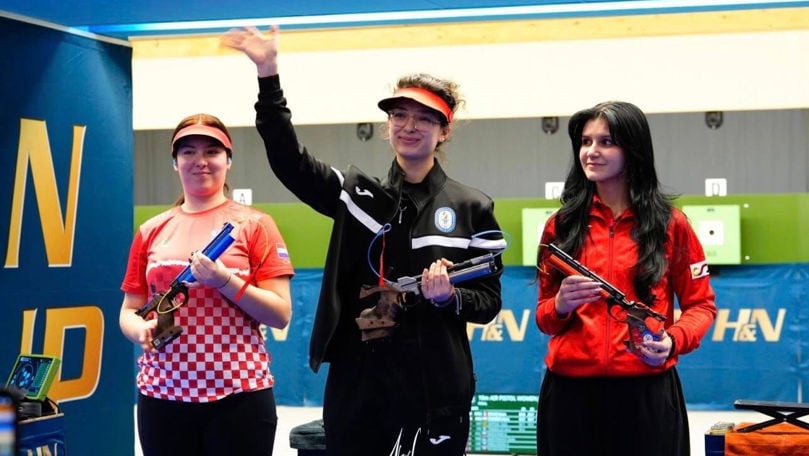











Comentează